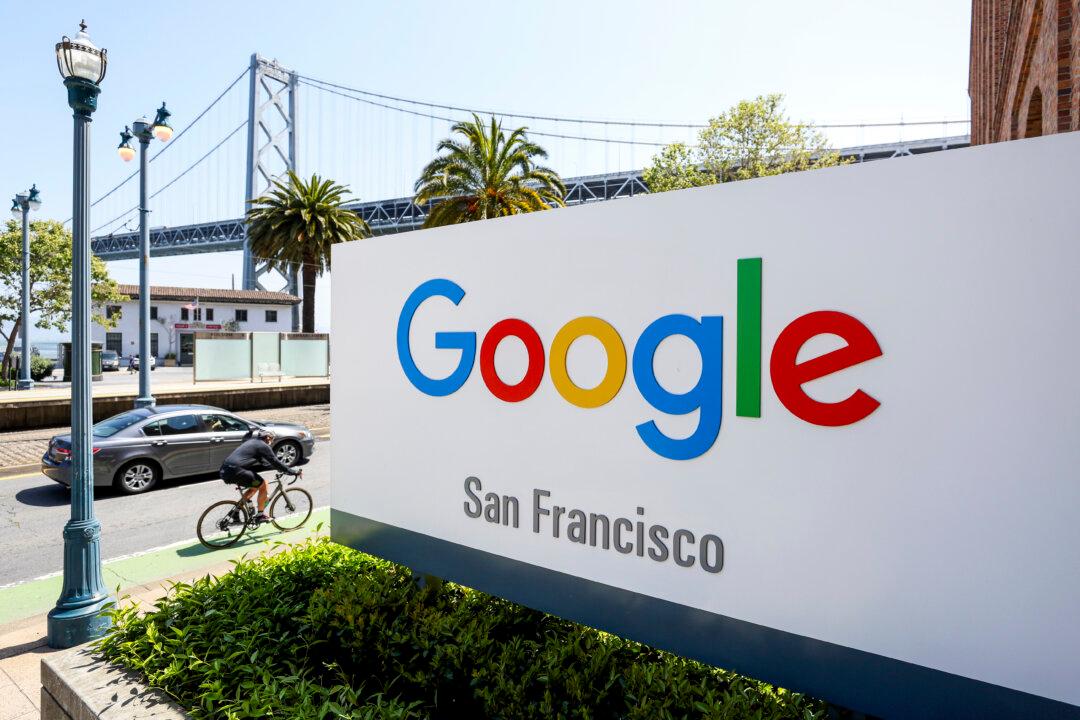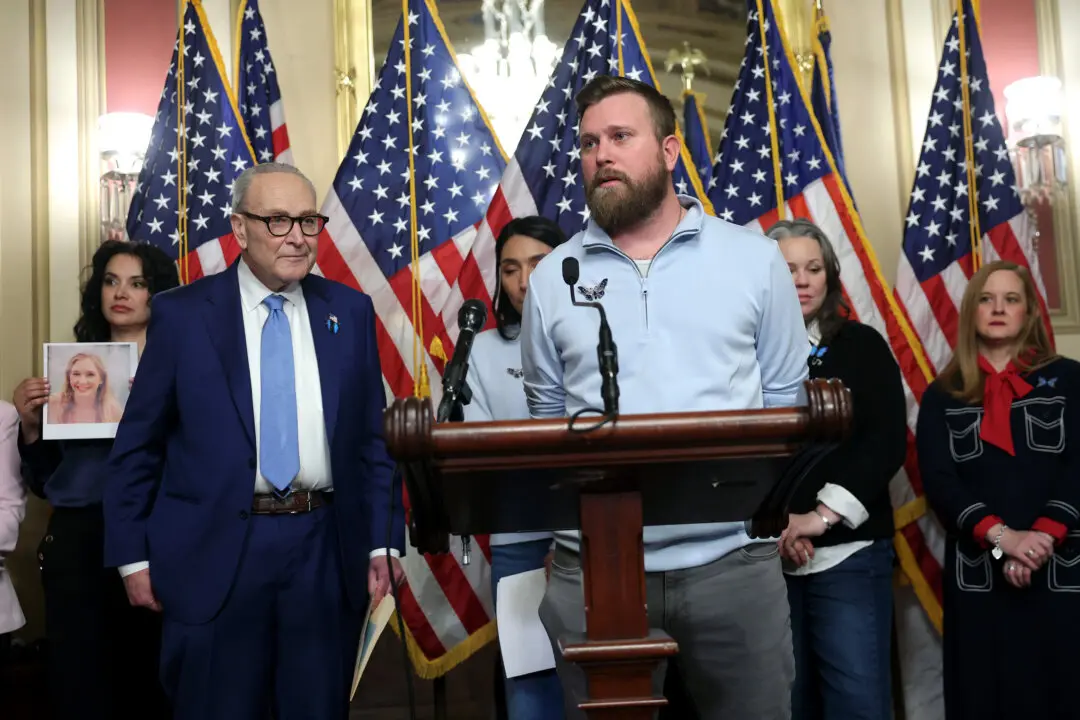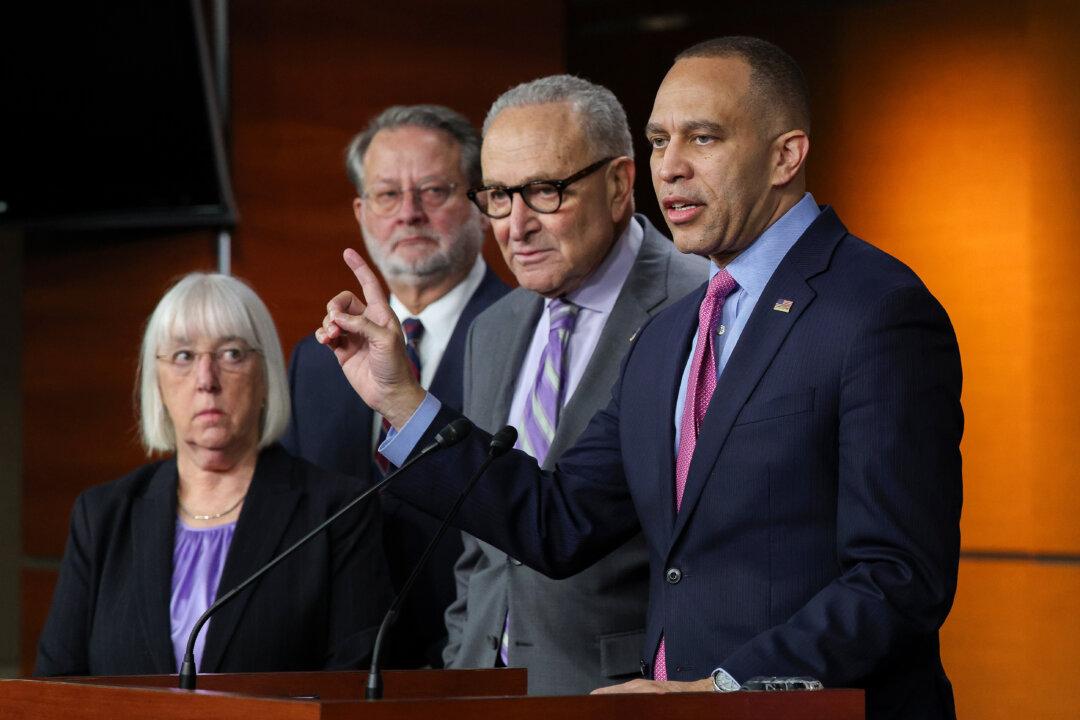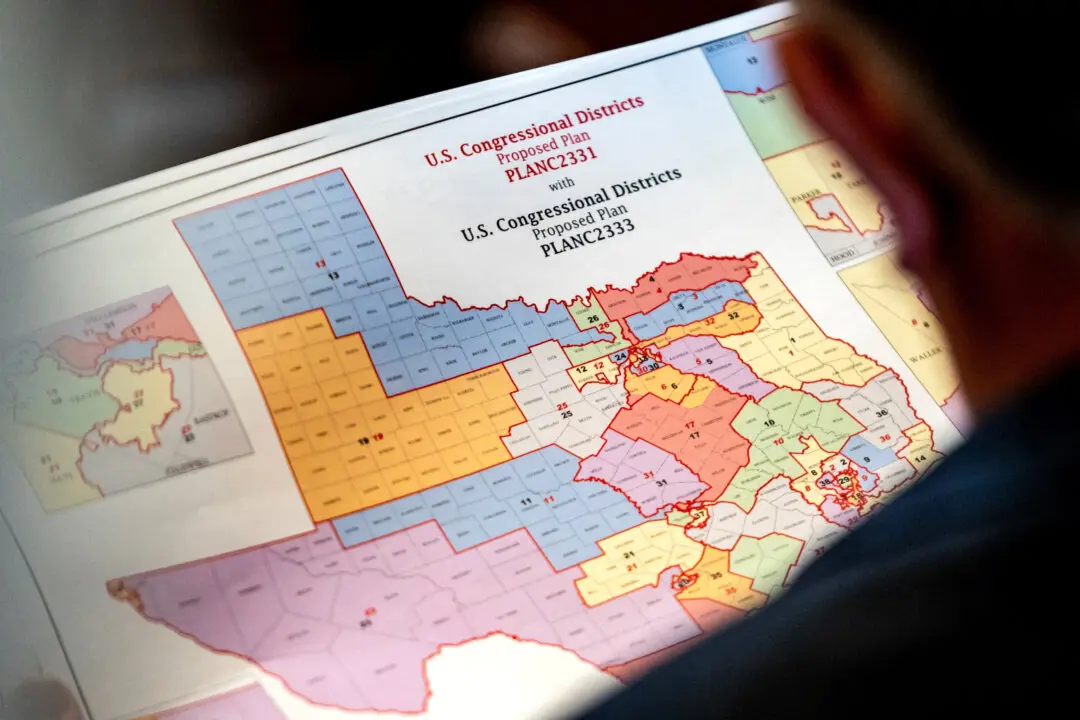In a landmark legal decision, a federal judge ruled that Google violated antitrust laws by maintaining its monopoly power in the markets for general search services and general search text advertisements.
The ruling, issued on Aug. 5 by District Judge Amit Mehta, concludes a lengthy legal battle initiated by the U.S. Department of Justice and a coalition of state attorneys general.





